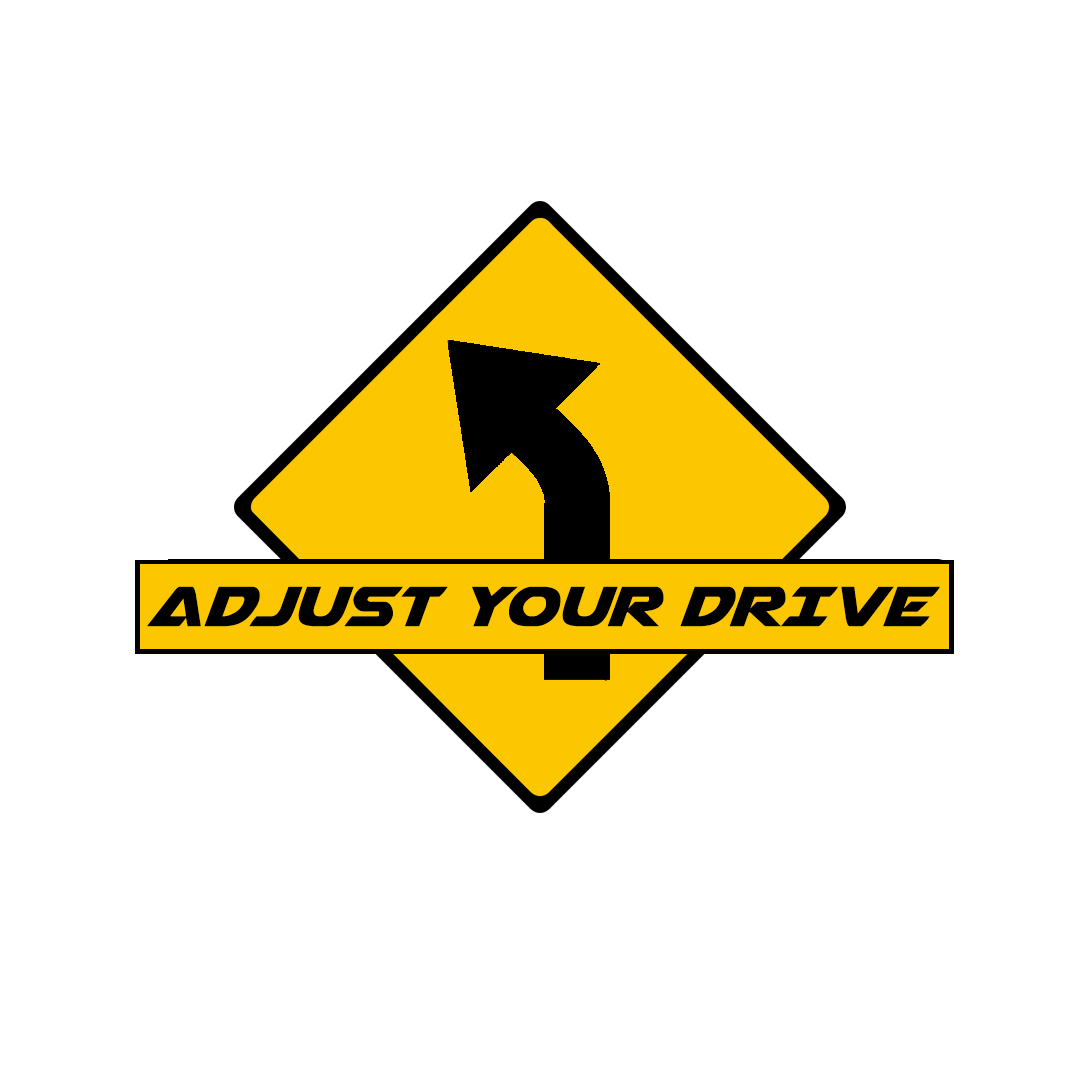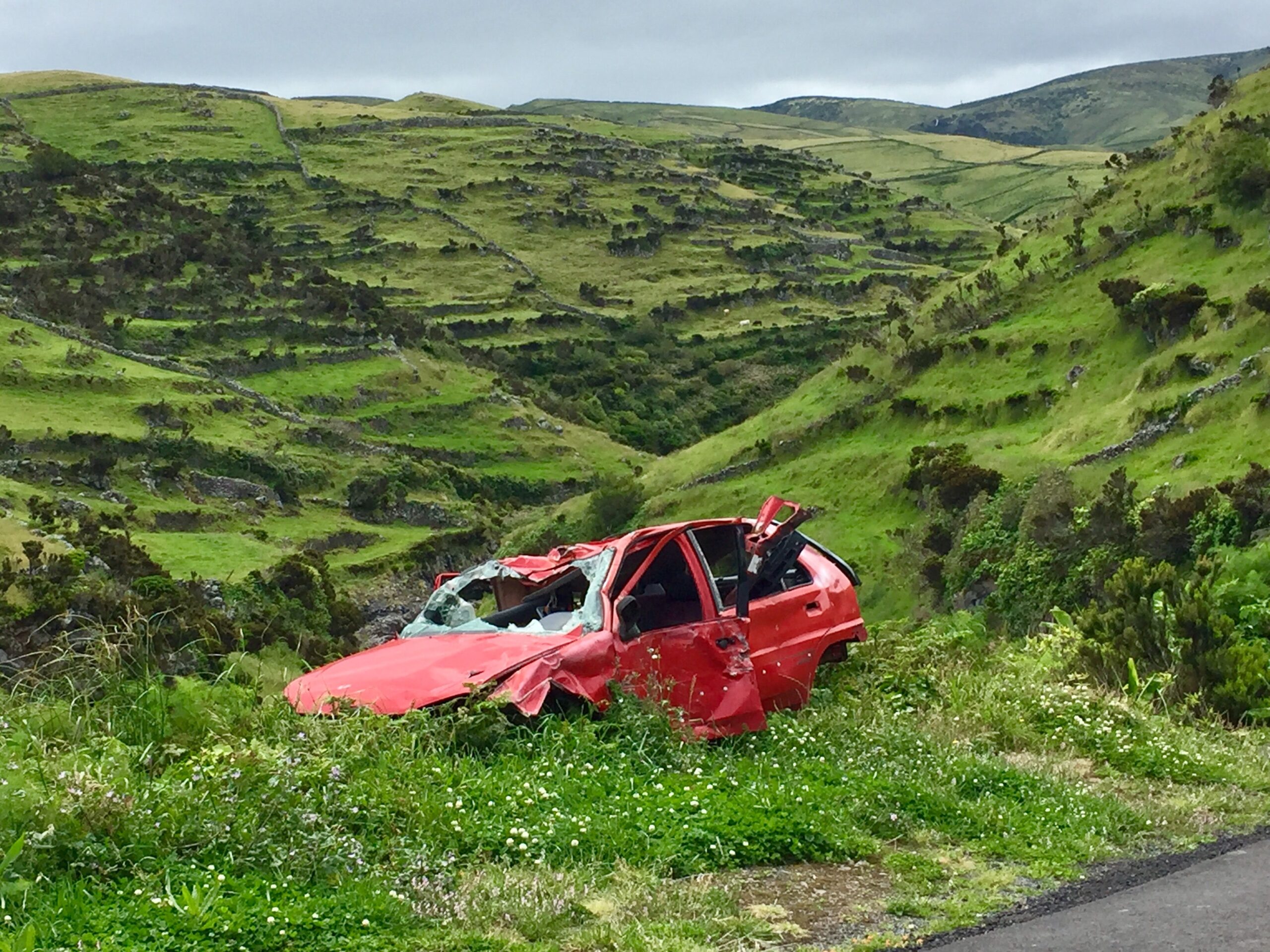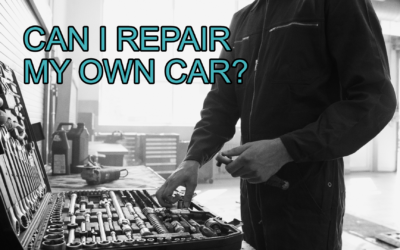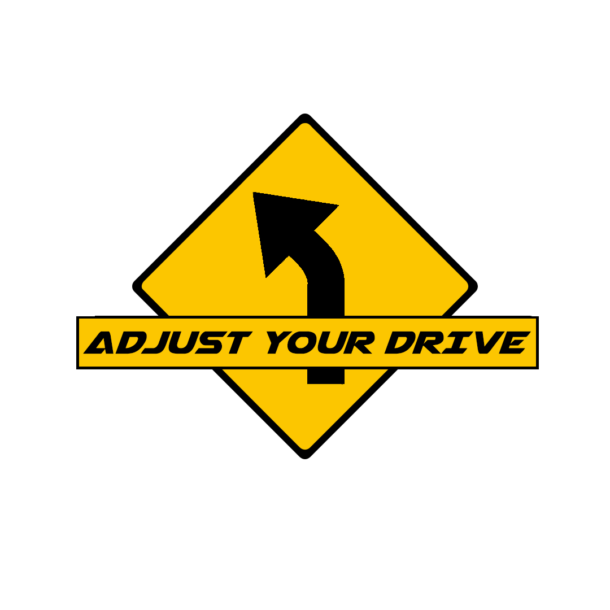As an adjuster I dealt with car accidents every day. More specifically, I dealt with people who had been in car accidents. Each person has their own policy, a choice of coverages, deductibles, and liability limits that they chose before having their accident.
Collision coverage is optional. No state requires you to buy collision coverage to legally drive on the road. However, I would highly recommend it for most people. I have handled far too many accidents where the insured wishes they had it.
What is collision coverage?
Collision coverage pays for damage to your own car in case of an accident, regardless of who is at fault. That could be you hitting a stationary object, or your car being involved in a freeway pileup.
Collision is often paired with comprehensive coverage, but they are two different things. Comprehensive pays for damage to your car from fire, flood, severe weather, animal strikes, falling objects, theft, vandalism, natural disasters, and other causes. You can choose one or the other, or both, on your auto policy.
Comp and Collision differ from liability coverage in whose damage is covered. Liability insurance only pays for other people’s damages that you are legally responsible for. Liability coverage will never pay for your own car.
When you purchase collision coverage, you choose a deductible amount. Your deductible is the amount that you agree to pay any time you have a claim. It is important to remember that your deductible applies no matter who is at fault.
Why do people choose to drop collision?
For some drivers, it all comes down to cost. Collision coverage costs money, and some people try to cut their monthly bills by cutting down their insurance premiums.
Owners of older cars may think collision coverage is not worth the cost, since their cars are low value. But even owners of newer cars are tempted to drop the optional coverage once they pay off their vehicle.
The line of thought is that you “bet on yourself to be a good driver.” Basically, betting that you won’t cause an accident, and if someone else hits you, their liability insurance will cover your vehicle.
However, insurance is all about covering the risks of driving. And that line of thought doesn’t account for all the risks. Not by a long shot.
I’ve seen a few things in my line of work. So if any of these concern you, it might be a good idea to add or keep that collision coverage.
1. Your car is financed.
Let’s get this one out of the way first. If you have a car loan or a lease, your financial institution or leasing company requires you to carry collision and comprehensive coverage.
Collision pays for repairs, or pays the car’s value in the event of a total loss. The lending company that owns that car with you wants to make sure it’s repaired after an accident. Or that they are paid out if the car is totaled.
You want to make sure it’s covered, too. Repairs on a new vehicle can be immensely expensive. And if you total a financed car without coverage, prepare to pay tens of thousands of dollars out of pocket to collections agencies for a car you no longer own.
2. You are at fault for an accident.
I get it, you’re a good driver. You may have an impeccable driving record. But there’s a first time for everything. Even the most seasoned drivers sometimes make mistakes. And any one mistake at the wrong time and place can cause an accident.
Good drivers still need to account for the risks of driving. Maybe that risk is acceptable to you, maybe it’s not.
3. Repair costs are rising.
As with everything in 2023’s economy, costs are up. And up. And up.
Without fail, drivers are surprised at how much repairs cost after an accident. There is no such thing as hammering out a dent and buffing out the paint anymore. Todays’ cars are loaded with sensors and electronics. Entire body panels need to be repainted. And expert labor costs far more than you think.
Unless you are familiar with current body shop pricing, you might not know how much you are risking by dropping collision coverage.
4. Friends or family might borrow your car.
You usually don’t loan out your vehicle. It’s your baby, it sleeps in your garage each night. But your mom’s car just broke down. She has to get to work tomorrow, and she’s out of options. She gave birth to you, you can’t deny her!
The point is, even if you can control your own driving, you can’t control every friend or family member that might borrow your car at any point. And since insurance primarily follows the vehicle, when you loan someone your car you also loan them your insurance.
5. You’re hit by an uninsured driver.
You get in an accident, but it’s not your fault. The other driver is clearly at fault and admits it. But they don’t have any insurance.
If you’re hit by an uninsured driver and you have no coverage, you are out of luck. You would be stuck paying your repairs out of pocket, and trying to sue the other driver for recovery.
In some states you can purchase uninsured motorist coverage, which covers your vehicle specifically in this situation. It typically costs less than collision coverage because it’s more limited. However, it is not always available, it sometimes has monetary limits, and it does not protect you against other situations.
6. You’re hit by a mail truck.
One interesting thing I learned through handling a claim is that federal government vehicles have specific laws regarding liability payments. If you are hit by a mail truck or another federally owned vehicle, you may be required to treat them as if they are uninsured.
You are required to use your own insurance to cover your damages. Then your insurance gets one chance to submit a claim for recovery. If additional damages pop up later, your insurance cannot submit an additional claim, as with any other insurance.
7. You’re the victim of a hit and run.
You walk out of the store, and your car has a giant dent in the door. No note, no witnesses, the store has no cameras. You are the victim of a hit and run.
In this case, there is no one to pursue. You can’t count on the at-fault driver to cover you. If you have no collision coverage, you’re out of luck.
Hit and run accidents may also be a covered event if you have uninsured motorist coverage. However, that only applies in some states.
8. There’s a dispute over fault.
You’re driving along, you have a green light to go through an intersection, and some car blows a red light and hits you. The problem is, as soon as the driver gets out, they start denying it. “My light was green!”
Again, short of video evidence or witnesses, the other person’s insurance is not going to cover your car. If both drivers say they had a green light, and you can’t prove which light was red, it’s referred to as a word vs word situation. Each driver has to use their own insurance.
9. The other driver is minimally insured.
Liability coverage has limits. Each state sets minimum limits. A couple states don’t even require property damage liability coverage.
So what happens if someone hits you and totals your $40,000 vehicle, but they only carry $10,000 in liability coverage? Well, you get $10,000 for your car.
Your other option is to sue the driver for more and hope they can pay you. But their insurance company will pay you nothing until the lawsuit is resolved.
10. You need your car to get to work.
Even if you’re not at fault, and even if the other person is not disputing it, their insurance company will need to complete an investigation before they pay you. That means getting a hold of multiple people even in the simplest claims. Add in claims with multiple vehicles, different owners, drivers, and passengers, and suddenly there’s a whole list of people that need to answer their phone before insurance will finalize liability.
If you need your car to get to work, you need your car repaired or paid for as soon as possible. It may be weeks before the other driver’s insurance even agrees to pay. But if you have collision coverage, you can start your claim now.
11. You need your car for business.
If you drive a truck, car, or van for your personal business, you are losing income every day you have to wait. Similar to the last item, you don’t want to be waiting for an investigation you have no control over.
Since collision coverage pays for your damage regardless of fault, you can get paid faster.
12. You don’t have a spare vehicle.
My dad was a car guy, and always had a variety of cars. At times he had a whole row of vehicles in front of the house. If you’re one of those people, having one of your cars wrecked might not affect your life too much.
But if your family depends on a single vehicle, you probably need to think about covering it. Any one of these situations could leave you without a car tomorrow.
13. You can’t afford to replace your vehicle tomorrow.
Some people have the financial means to simply buy a new vehicle when they want or need to. You might not. I know I don’t.
Think about the value of your car. Do you have the amount of money in the bank required to replace that car? Can you legitimately cover a loss out of your own pocket? If that’s a no, you may need collision coverage.
This is probably the most important reason to consider. Driving carries inherent risk. Collision coverage exists to mitigate that risk, and pay your loss when something happens.






0 Comments